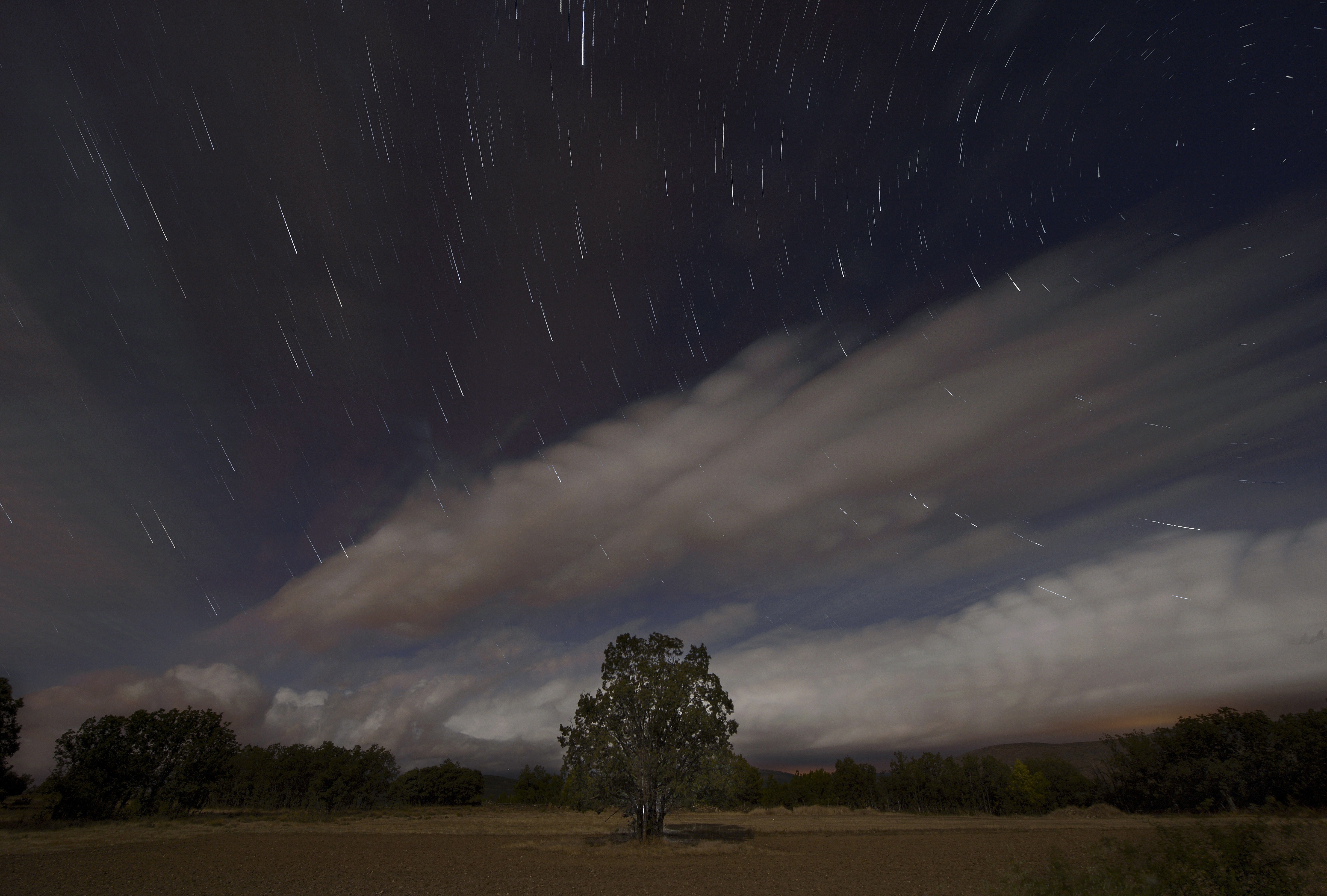The Earth's first mass extinction was reportedly caused by animals, not a meteorite


A free daily email with the biggest news stories of the day – and the best features from TheWeek.com
You are now subscribed
Your newsletter sign-up was successful
Evolution usually allows animals to get better at avoiding death. However, new evidence reported by Vanderbilt University seems to find that the rise of early animals hundreds of millions of years ago was the cause of the first massive die-off of complex life — not a super volcano or a meteorite.
Scientists believe that for more than 3 billion years, microbes were the only life on Earth. At some point, a few of the microbes evolved to be able to photosynthesize, or convert sunlight into energy. The byproduct was toxic to most of the other microbes, who were used to an oxygen-free environment. But for the microorganisms photosynthesizing, the development allowed them to become complex, multicellular forms called Ediacarans, which took over the planet around 600 million years ago. Ediacarans were basically like plants: immobile marine life shaped like discs, tubes, fronds, or quilts.
Paleontologists call the ensuing period the "Garden of Ediacara," emphasizing the so-called peace of the era — that is, Ediacarans politely didn't eat each other. At least not until 60 million years ago, when they evolved even further into what we now call animals (vertebrates, mollusks, anthropoids, annelids, sponges, jellyfish).
The Week
Escape your echo chamber. Get the facts behind the news, plus analysis from multiple perspectives.

Sign up for The Week's Free Newsletters
From our morning news briefing to a weekly Good News Newsletter, get the best of The Week delivered directly to your inbox.
From our morning news briefing to a weekly Good News Newsletter, get the best of The Week delivered directly to your inbox.
It was these independently moving, hungry critters that caused the first extinction, by eating all the Ediacarans, the scientists say.
"This study provides the first quantitative palaeoecological evidence to suggest that evolutionary innovation, ecosystem engineering, and biological interactions may have ultimately caused the first mass extinction of complex life," Simon Darroch, the assistant professor of earth and environmental sciences at Vanderbilt University, told Science Daily.
Perhaps that's just a fancy way of suggesting that it's a dog-eat-dog world out there, and may the hungriest mollusk win.
A free daily email with the biggest news stories of the day – and the best features from TheWeek.com
Jeva Lange was the executive editor at TheWeek.com. She formerly served as The Week's deputy editor and culture critic. She is also a contributor to Screen Slate, and her writing has appeared in The New York Daily News, The Awl, Vice, and Gothamist, among other publications. Jeva lives in New York City. Follow her on Twitter.
-
 The Week contest: AI bellyaching
The Week contest: AI bellyachingPuzzles and Quizzes
-
 Political cartoons for February 18
Political cartoons for February 18Cartoons Wednesday’s political cartoons include the DOW, human replacement, and more
-
 The best music tours to book in 2026
The best music tours to book in 2026The Week Recommends Must-see live shows to catch this year from Lily Allen to Florence + The Machine
-
 ‘One Battle After Another’ wins Critics Choice honors
‘One Battle After Another’ wins Critics Choice honorsSpeed Read Paul Thomas Anderson’s latest film, which stars Leonardo DiCaprio, won best picture at the 31st Critics Choice Awards
-
 Son arrested over killing of Rob and Michele Reiner
Son arrested over killing of Rob and Michele ReinerSpeed Read Nick, the 32-year-old son of Hollywood director Rob Reiner, has been booked for the murder of his parents
-
 Rob Reiner, wife dead in ‘apparent homicide’
Rob Reiner, wife dead in ‘apparent homicide’speed read The Reiners, found in their Los Angeles home, ‘had injuries consistent with being stabbed’
-
 Hungary’s Krasznahorkai wins Nobel for literature
Hungary’s Krasznahorkai wins Nobel for literatureSpeed Read László Krasznahorkai is the author of acclaimed novels like ‘The Melancholy of Resistance’ and ‘Satantango’
-
 Primatologist Jane Goodall dies at 91
Primatologist Jane Goodall dies at 91Speed Read She rose to fame following her groundbreaking field research with chimpanzees
-
 Florida erases rainbow crosswalk at Pulse nightclub
Florida erases rainbow crosswalk at Pulse nightclubSpeed Read The colorful crosswalk was outside the former LGBTQ nightclub where 49 people were killed in a 2016 shooting
-
 Trump says Smithsonian too focused on slavery's ills
Trump says Smithsonian too focused on slavery's illsSpeed Read The president would prefer the museum to highlight 'success,' 'brightness' and 'the future'
-
 Trump to host Kennedy Honors for Kiss, Stallone
Trump to host Kennedy Honors for Kiss, StalloneSpeed Read Actor Sylvester Stallone and the glam-rock band Kiss were among those named as this year's inductees
